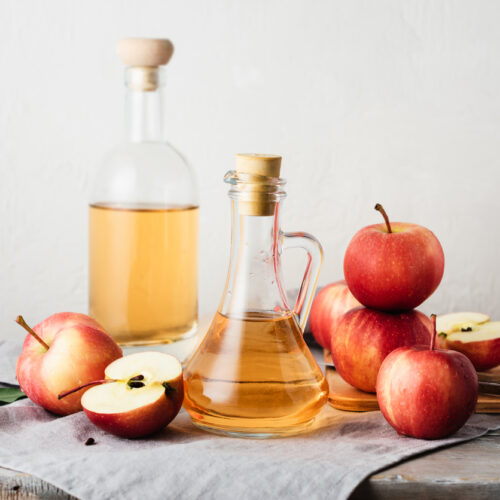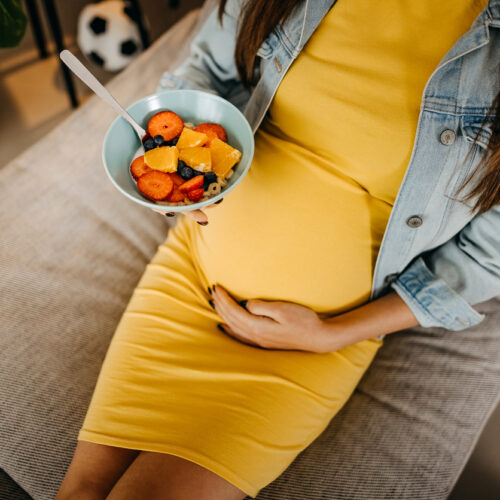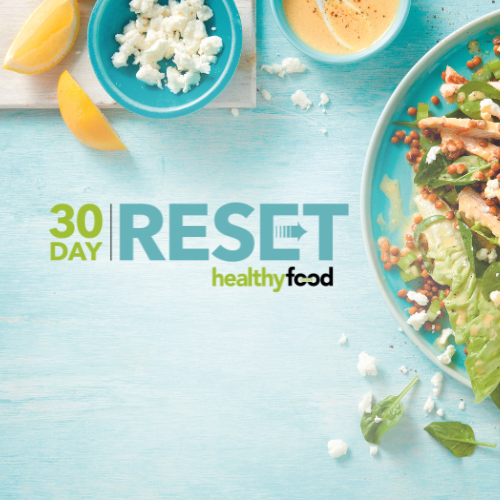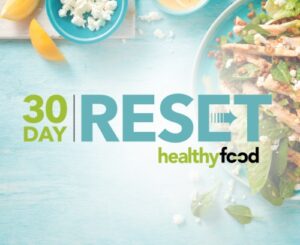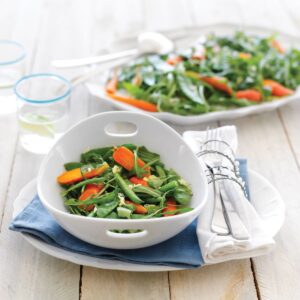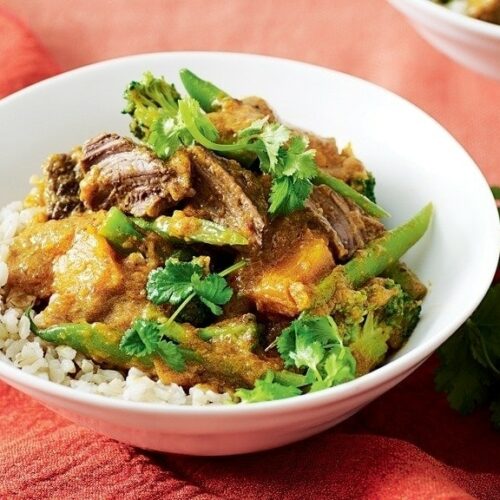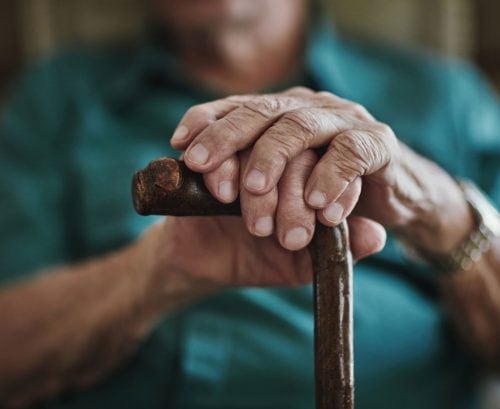
Eating more protein and calcium-rich foods, such as milk, yoghurt and cheese, may reduce the likelihood of falls and fractures in older people living in residential care facilities, a new study shows.
Older adults living in aged care facilities often don’t get enough protein and calcium, which can lead to weak bones, increasing the risk of falls and fractures, according to the research published in the British Medical Journal.
The researchers set out to see what effect achieving recommended daily intakes of calcium and protein would have on falls and fractures in older adults.
The intervention on 7195 residents, who until then were not meeting daily protein and calcium targets, was associated with risk reductions of 33 per cent for all fractures, 46 per cent for hip fractures and 11 per cent for falls.
“The relative risk reduction for fractures was similar to that found in trials using potent drug therapy to increase bone strength in people with osteoporosis”, a University of Melbourne press release says.
The researchers say improving calcium and protein intakes using dairy foods is a ‘is a readily accessible intervention that reduces risk of falls and fractures commonly occurring in institutionalised older adults.’
Why protein and calcium matter as we age
Calcium is essential for developing dense, therefore strong, bones in childhood and adolescence and maintaining that bone density into adulthood and older age.
As we age, our bones lose their density making them more fragile and prone to fracture. If we don’t eat enough calcium foods, our body takes what it needs from our bones. Eating calcium-rich food and doing weight-bearing exercise are important throughout our lifetime.
The recommended daily intake for men and women over 50 years of age is 1300mg, which is about two glasses of calcium-fortified milk, one pottle of yoghurt and two slices of cheese.
Protein is a nutrient we need more of as we age, ideally spread across all our daily meals. It is essential for keeping our muscles strong and supports immunity and wound healing.
Muscle weakness, as we age, is a huge contributing factor in falls, so maintaining our strength helps us stay independent for longer.
It’s recommended people aged over 65 years eat around one gram of protein per kilogram of body weight. So, a 65kg woman needs to eat 65g of protein each day.
Protein-rich foods include eggs, dairy, meat, poultry, fish, tofu, nuts and pulses.
Article sources and references
- Iuliano S, Poon S, Robbins J, Bui M, Wang X, De Groot L et al. Effect of dietary sources of calcium and protein on hip fractures and falls in older adults in residential care: cluster randomised controlled trial BMJ 2021; 375 :n2364 doi:10.1136/bmj.n2364https://www.bmj.com/content/375/bmj.n2364
www.healthyfood.com


